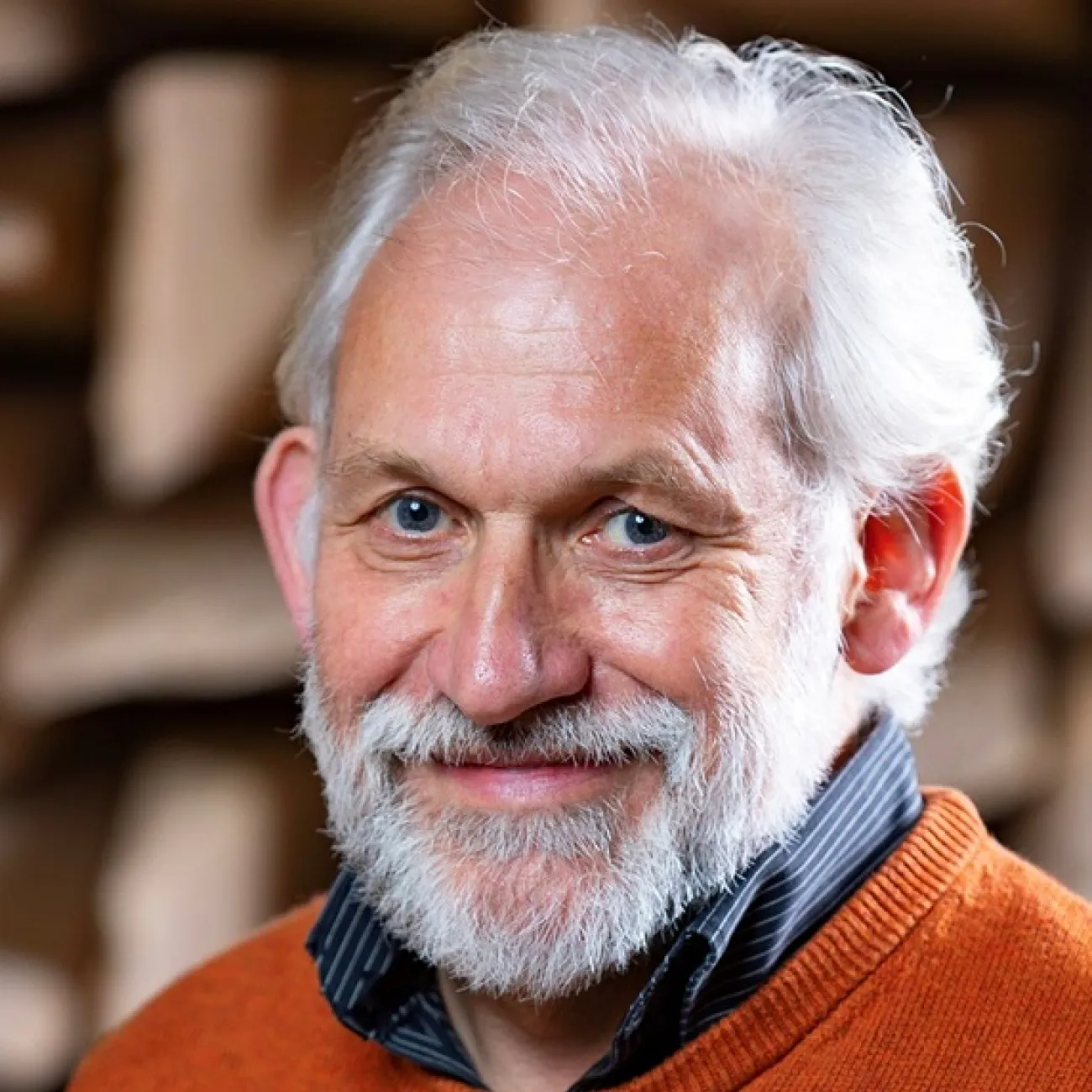About
David Simpson is a biomedical engineer and Professor of Biomedical Signal Processing. His research and teaching focus on the application of engineering techniques in a medical context. He aims to develop new diagnostic and patient monitoring methods using computational data analysis (signal processing) techniques for the benefit of patients and other users. His current main areas of interest are in the control of blood flow to the brain and the electrical response (in EEG signals) of the brain to auditory stimulation. This work is based on collaborations with a range of clinical partners. In his teaching he aims to enable future engineers to solve real-world problems in medical applications of engineering, and beyond.
Research
Research groups
Research interests
- Biomedical signal processing with applications in neurophysiology and cardio-vascular and cerebro-vascular control
- Blood flow control in the brain (how does the brain regulate is own blood supply and how to detect impairment of this function)
- Auditory evoked potentials (methods to detect the small electrical responses of the brain to auditory stimulation for the assessment of various hearing disorders)
- Effort in listening (measuring physiological and behavioural responses when listening in challenging conditions and using these to quantify ‘effort’ and then use this to improve sound quality and reduce effort)
Current research
Current research in auditory evoked potentials is being developed in collaboration with the Hearing and Balance Centre in ISVR (Faculty of Engineering and Physical Sciences) as well as industrial collaborators. We aim to find more efficient ways to carry out evoked potential recordings by increasing accuracy and speeding up the tests, using a range of signal analysis and statistical methods. Improved diagnosis of hearing loss, especially in complex cases, and improved hearing aid fitting is the goal of this work.
In the analysis of brain blood flow control (cerebral autoregulation), we are studying the relationship between blood pressure fluctuations and non-invasive blood flow measurements (using transcranial Doppler ultrasound). By quantifying the relationship between these two variables we are able to identify active blood flow control function, or its impairment, for example after a stroke and we hope contribute to improved care for these patients.
Anaesthesia and awareness
The Hearing Brain
2 ears are better than 1
Improving the acquisition of Auditory Evoked Potentials for clinical diagnosis
New methods for assessing the control of blood flow in the brain
Objective measures of hearing aid benefit
Quantitative measurements of impairment and how they relate to activity in the upper limb of the older adult post-stroke
Modelling of the neuronal responses of identified motor neurons across animals
Independent component analysis in the automated detection of evoked potentials from multichannel recording
What are hearing aids up to?
Muscle models with applications
Diversity in blood flow control to the brain
Human response to force and hand-arm vibration
Blood flow control in the brain
Research projects
Completed projects
Publications
Pagination
-
Previous page Previous
- …
- 9
- 10
- 11
- 12
- 13
- …
-
Next page
Next
Teaching
David Simpson leads the modules ‘Introduction to Biomedical Engineering’ and ‘Biomedical Applications of Signal and Image Processing’ (4th year MEng and MSc) and also teaches on the modules ‘Audio and Signal Processing’ (2nd year MEng), ‘Electrical and Electronics Systems’ (1st year MEng) and ‘Engineering Replacement Body Parts’ (across faculties). He enjoys teaching signal processing to non-specialists, including those without much background in engineering. He is admissions tutor for the MSc in Biomedical Engineering and Programme Lead for the MEng in Medical Engineering’ starting in 2023.
External roles and responsibilities
Biography
After schooling in Austria, David Simpson graduated in Biomedical Electronics from the University of Salford (1981), and then worked as a mathematics and physics teacher in Nigeria with VSO. He obtained his PhD in Electrical Engineering from Imperial College of Science, Technology and Medicine, University of London in 1988, initiating his research interests in signal and image processing with applications in medicine and biology. From 1989 to 1998 he was a lecturer in the Biomedical Engineering Program at the Federal University of Rio de Janeiro (Brazil). He then became a research fellow in the Medical Physics Department of Leicester Royal Infirmary before moving to the University of Southampton (ISVR) in 2001.
